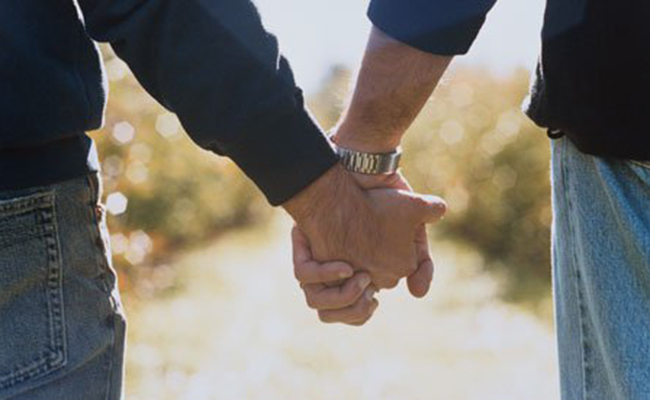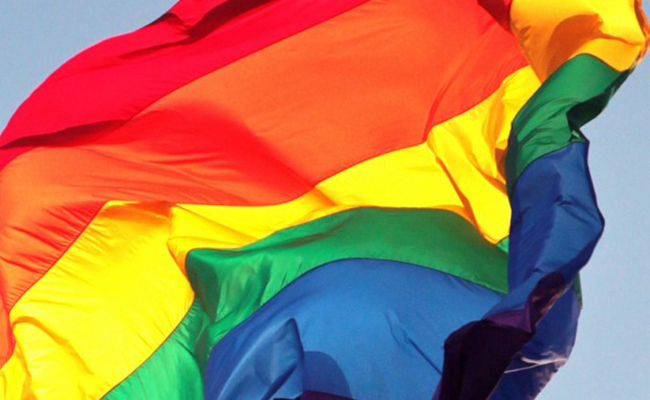‘The homophobe I’ve never forgotten is one who said nothing at all’
Hatred sometimes needs not to be loud to have a lasting effect, writes Paul Flynn.
By Will Stroude

This article first appeared in Attitude issue 294, April 2018
It’s become a familiar kind of gay tradition to group homophobia in one of several ways we recognise from experience. From being called names at school to being beaten up in the street, homophobia is a kind of #metoo experience so ubiquitous it hardly needs hashtag verification.
Whenever some seemingly confident adult gay man says, “Oh, I’ve never experienced homophobia,” you know that he’s one surface scratch away from cradling down in a puddle of tearful recollection over something an auntie said about him wearing a bow tie, when he was five years old, to make a mundane event more interesting.
We choose to bury some cases of homophobia until they return to prick us quietly — and unexpectedly. I don’t know why this one instance came back to me but once it did I couldn’t get it out of my head. I was in my early twenties, half a life-time ago, and was working for a listings magazine annexed to my local Manchester paper. The staff were mostly great, full of young dreams of conquering the world, surrounded by a city full of Oasis and Bugged Out! Some of them even did.
The then theatre editor is now a lauded screenwriter with a show in development at HBO, while I looked after the LGBT pages, then simply dubbed lesbian and gay. It wasn’t a fancy job but it was my first printed section. I loved it dearly.

The ad team were two-strong. One was a loud, loutish lad, very bright, king of the office five-a-side team. The football boys were great fun. The other ad man, though, who couldn’t have been long out of his teens and always looked as if he’d been dressed for the first time in a suit by his mum, couldn’t stand me. He was that amorphous strain of homophobe we rarely talk of: the silent assassin.
I would walk into the office and he’d scowl with pure, unmitigated rage and revulsion. He had the amazing skill of being able to communicate this horror only to me.
Complicatedly, he was the more handsome of the two colleagues and I wondered at first whether by noticing this, I had encouraged this seething, simmering rush of voiceless aggression, all the more deadly for remaining unspoken; he never spoke to me unless absolutely necessary and connected to an advertising enquiry. This guy would shudder at the mere mention of my name.
Part of the reason I couldn’t rid myself of the thought of this man was because I said nothing about it at the time, apart from a brief conversation with one of the football boys who said, “He’s just shy. And weird.”

I know it’s usual for gay men in this situation to think their aggressor is in some way hiding something about his own sexuality. But I don’t think it was that. He had clearly been taught to hate gay people, possibly by his family. By that point I’d been round the block enough times not to bother dissecting his actions. They just were.
What I did know was that I was not afraid of him. In the tricky two-step of unvoiced homophobia, it felt like no small triumph to send that message back to him, similarly unvoiced and undiluted.
In some twisted way, he taught me a valuable lesson or two. But that’s probably something a psychologist can unravel for me one day.
